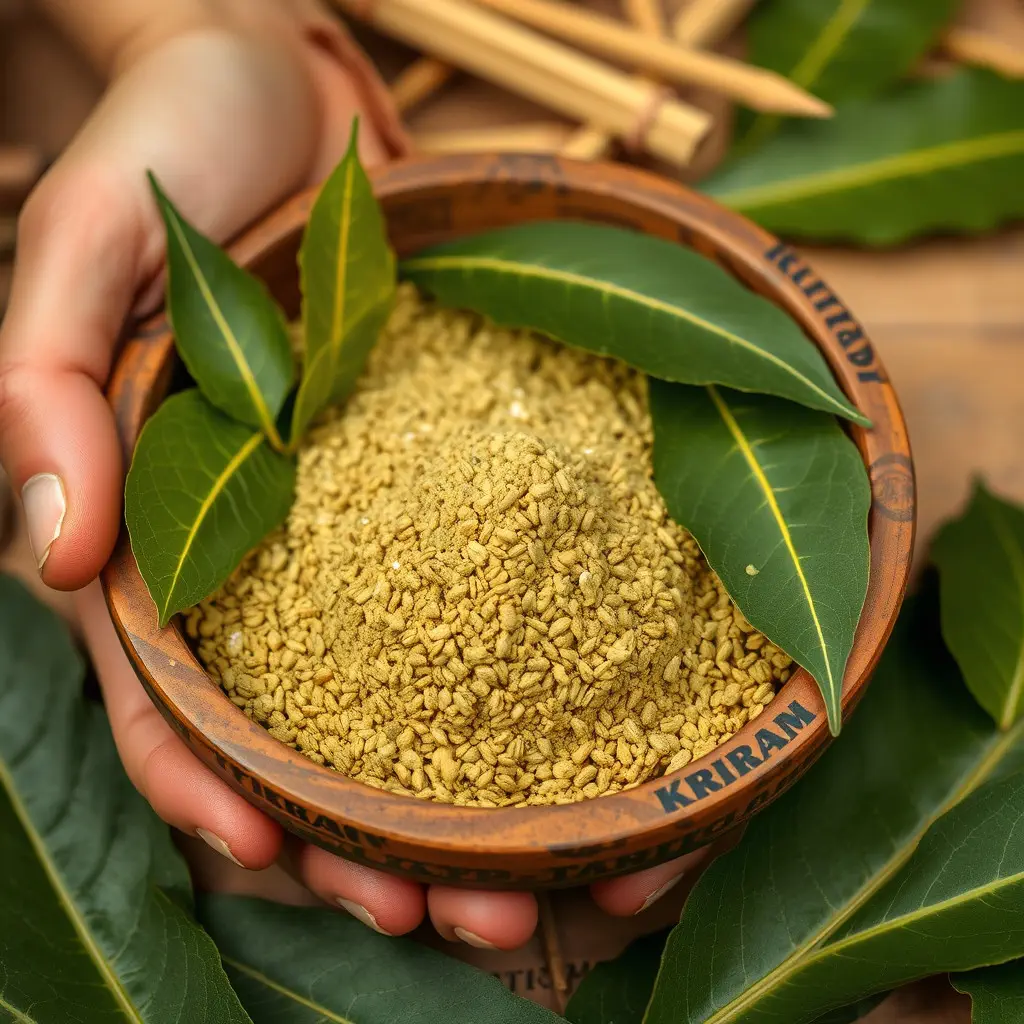Kratom, derived from Mitragyna speciosa, enhances athletic endurance but may cause insomnia if misused. Individual responses vary based on dosage, strain, and tolerance, with higher doses close to bedtime disrupting sleep. Users should monitor its effects, experiment with strains and dosages, opt for calming types, and maintain a consistent sleep routine to avoid insomnia while reaping kratom's benefits. Responsible use is crucial to prevent does kratom cause insomnia.
“Uncover the powerful effects of kratom on endurance and performance. While often known for its relaxing properties, kratom can also be a game-changer for athletes and fitness enthusiasts. This natural herb has shown potential in improving stamina and reducing fatigue. In this article, we explore how kratom influences sleep patterns, particularly addressing the concern that it may cause insomnia. We’ll guide you through balancing its use to enhance endurance without compromising rest, providing insights into maximizing its benefits while mitigating potential drawbacks.”
- Understanding Kratom and Its Effects on Sleep
- Exploring the Role of Kratom in Endurance Improvement
- Balancing Kratom Use: Mitigating Insomnia and Enhancing Endurance
Understanding Kratom and Its Effects on Sleep
Kratom, a natural herb derived from the plant Mitragyna speciosa, has gained attention for its potential to enhance endurance and reduce fatigue. While often used for its energizing effects, it’s crucial to understand how kratom interacts with sleep, especially when considering its role in endurance improvement. Many users report improved physical performance after taking kratom, attributing it to increased stamina and reduced perceived exertion. However, the herb’s impact on sleep patterns is a significant consideration.
Contrary to popular belief, kratom does not universally cause insomnia. Its effects on sleep are complex and depend on various factors, including dosage, strain, and individual tolerance. In some cases, kratom can promote restful sleep, especially when used in lower doses or at specific times of the day. However, higher doses, particularly close to bedtime, may lead to disrupted sleep cycles, resulting in morning fatigue. It’s essential for athletes and fitness enthusiasts considering kratom as a performance-enhancing tool to carefully monitor its impact on their sleep quality, balancing its potential benefits against any adverse effects that might impair recovery and overall health.
Exploring the Role of Kratom in Endurance Improvement
Kratom, a natural herb derived from the plant Mitragyna speciosa, has gained attention for its potential benefits in various areas, including endurance improvement. Often used as a traditional medicine in Southeast Asia, kratom is known for its unique effects on energy levels and physical performance. One of its key compounds, mitragynine, interacts with opioid receptors in the body, offering pain relief and potentially enhancing athletic endurance.
While many athletes explore alternative methods to boost their stamina, it’s essential to consider that kratom use also has its considerations. Unlike popular stimulants, kratom does not typically cause insomnia, a common concern for those seeking performance enhancements. Instead, it can provide a gentle yet sustained energy boost, allowing users to push through fatigue during extended physical activities. However, individual responses may vary, and proper dosage and timing are crucial to maximizing the benefits while minimizing any potential side effects.
Balancing Kratom Use: Mitigating Insomnia and Enhancing Endurance
Kratom, a natural herbal compound, is often celebrated for its potential to enhance endurance and improve physical performance. However, it’s crucial to approach kratom use with balance, especially considering one of its common side effects: insomnia. While many athletes and fitness enthusiasts leverage kratom to push through fatigue, the herb’s stimulant properties can disrupt sleep patterns if not used responsibly.
To mitigate this, users should be mindful of their kratom intake, particularly close to bedtime. Experimenting with different strains and dosages can help find a balance between energy boost and restful sleep. Choosing specific kratom types known for their calming effects in lower doses can be beneficial. Additionally, establishing a consistent sleep routine remains vital, even when using kratom, to ensure adequate rest and avoid does kratom cause insomnia.
Kratom has shown potential as a natural aid for endurance improvement, offering a unique balance between energy enhancement and sleep support. While it may provide benefits for physical performance, it’s crucial to address its impact on sleep, particularly the potential for insomnia in some users. Balancing kratom use involves understanding individual tolerance and exploring strategies to mitigate any sleep disturbances, ensuring a harmonious relationship with this herbal supplement. Further research is needed to fully unlock kratom’s potential while promoting safe practices, especially regarding its effects on sleep patterns.






